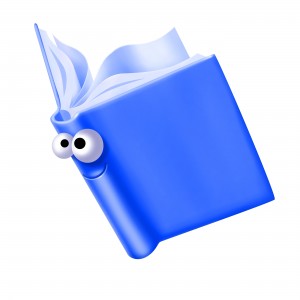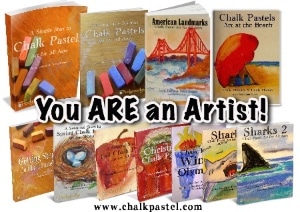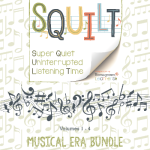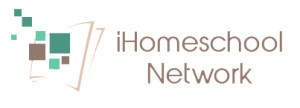Is my child ready to learn to read?
A guest post written by Lisa Hansen, B.Ed, Owner/Instructor at Sound Connections Centre, for Literacy and Language
How do I know if my child is ready to learn to read?
How young is too young to begin teaching my child to read?
My child seems ready to learn to read, but how do I know for sure? I don’t want to push them.
These are very common questions I get from parents who bring their 3 and 4 year olds into my Literacy and Language Centre for our early literacy program.
There seems to be a lot of controversy surrounding the age that is appropriate to begin teaching children to read. In my experience, it is different for all children, so here is a basic checklist to go through to help you determine if your child is ready for reading; and believe it or not, some of these things can start to happen as early as 2 or 3 years old.
The Ready to Read Checklist:
- Does your child enjoy books and loves being read to?
- Does your child express interest in favourite books?
- Is your child able to sit and listen to stories being read to them and take an interest in the illustrations?
- Does your child enjoy participating in songs, rhymes, poems and storybook times?
- Does your child know how to hold a book the right way and turns the pages at appropriate times?
- Does your child pretend to read when alone or to younger siblings or dolls?
- Has your child memorized short books and can “read” them back to you?
- Can your child recall events in the story when asked?
- Does your child ask you what words say?
- Does your child try to sound out words?
- Does your child demonstrate an interest in printing or pretend to write or try to copy letters or words?
- Can your child discuss what is happening in the story or relate it to their own experience? For example, when reading a story about the beach, the child will talk about the time they went to the beach.
- Does your child know that you are focusing on the print and that is conveying the message?
- Does your child make attempts from memory and picture cues to re-read the story?
- Does your child recognize their own name?
- Does your child know any of the sounds of the letters and makes references like. “that one starts the same as my name.”
If your child demonstrates many of the attitudes and behaviours mentioned above, then congratulations! This means you most likely read to your child often and they see reading as a valuable activity. They are more than likely at the stage where they are ready to learn to read.
A word of caution however; be sure not to force your child to read if they are not ready. This can crush their natural desire to learn and their love for books and reading.
If your child is at this stage and is under 5 years of age, you must make sure to keep it light and fun and not to push them. A fun, play based approach to literacy is best. And be sure to praise often. This will encourage your child and help to develop their confidence as a reader and help to move them forward in their ability to read.
Try to find alphabet activities where your child learns the sounds that the letters make. Also look for early stage reading books. I highly recommend the BOB Books for early readers, which come in little boxed sets of 8 books. I also like websites like starfall.com which take children through all the letter sounds and is very visual and interactive.
Patterned books are also great for early writing and reading, books like: I like to run. I like to jump, I like to play.
Expose your child to rhyme. Books like Dr. Seuss, Alligator Stew and the Mother Goose Nursery Rhymes are wonderful.
Most important, have fun with literacy and at the end of the day, let your children see your love for books and for reading and watch them follow suit.
“Children are made readers on the laps of their parents.” E. Buchwald
==============================
Article written by Lisa Hansen B.Ed
Owner/Instructor
Literacy/Language
Helping Children reach their potential!
#203 7429 50th Ave. Red Deer AB. (403) 347-3050
Helping Children reach their potential!
The sound Connections center offers specialized literacy and speech/language development and intervention for children starting from the age of 3 years old and upwards. Sound Connections uses a fun, play-based multi-sensory approach; perfect for any type of learner. For more information, visit, https://www.soundconnectionscentres.com












